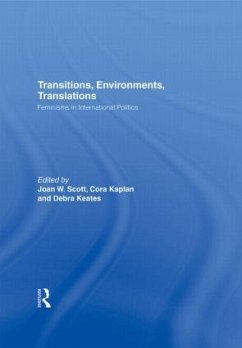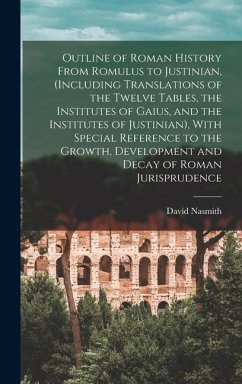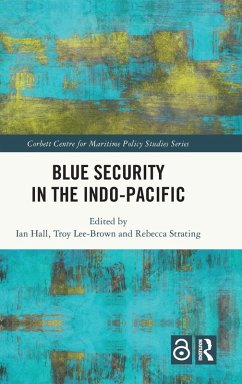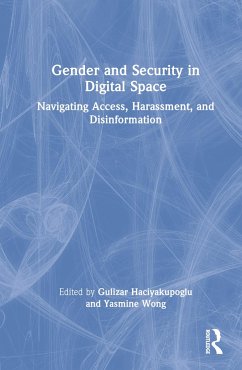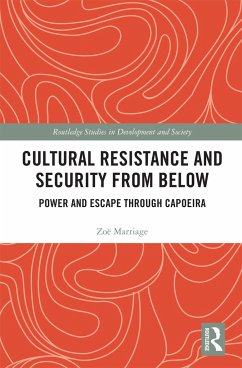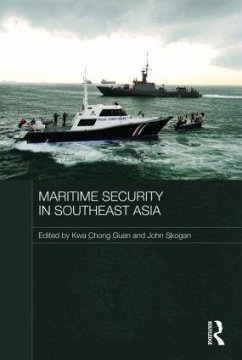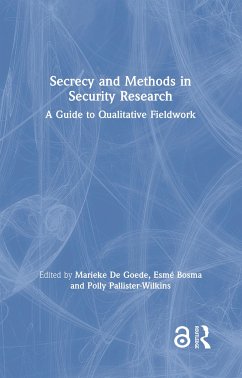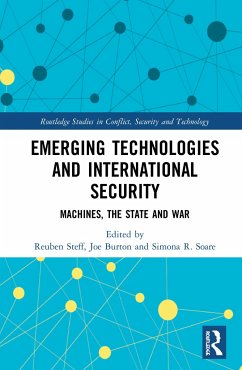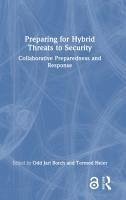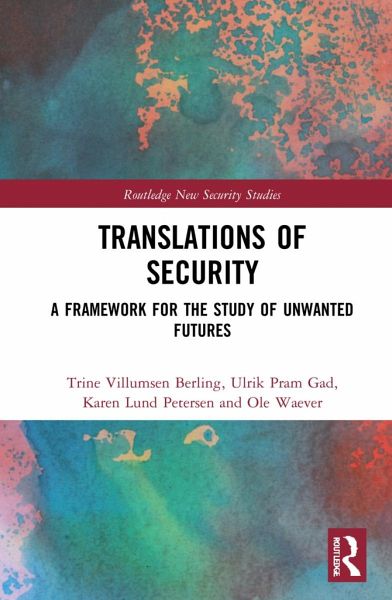
Translations of Security
A Framework for the Study of Unwanted Futures

PAYBACK Punkte
84 °P sammeln!
This book scrutinizes how contemporary practices of security have come to rely on many different translations of security, risk, and danger. Institutions of national security policies are currently undergoing radical conceptual and organisational changes, and this book presents a novel approach for how to study and politically address the new situation. Complex and uncertain threat environments, such as terrorism, climate change, and the global financial crisis, have paved the way for new forms of security governance that have profoundly transformed the ways in which threats are handled today....
This book scrutinizes how contemporary practices of security have come to rely on many different translations of security, risk, and danger. Institutions of national security policies are currently undergoing radical conceptual and organisational changes, and this book presents a novel approach for how to study and politically address the new situation. Complex and uncertain threat environments, such as terrorism, climate change, and the global financial crisis, have paved the way for new forms of security governance that have profoundly transformed the ways in which threats are handled today. Crucially, there is a decentralisation of the management of security, which is increasingly handled by a broad set of societal actors that previously were not considered powerful in the conduct of security affairs. This transformation of security knowledge and management changes the meaning of traditional concepts and practices, and calls for investigation into the many meanings of security implied when contemporary societies manage radical dangers, risks, and threats. It is necessary to study both what these meanings are and how they developed from the security practices of the past. Addressing this knowledge gap, the book asks how different ideas about threats, risk, and dangers meet in the current practices of security, broadly understood, and with what political consequences. This book will be of interest to students of critical security studies, anthropology, risk studies, science and technology studies and International Relations. The Open Access version of this book, available at: https://www.routledge.com/Translations-of-Security-A-Framework-for-the-Study-of-Unwanted-Futures/Berling-Gad-Petersen-Waever/p/book/9781032007090 has been made available under a Creative Commons Attribution-Non Commercial-No Derivatives 4.0 license




